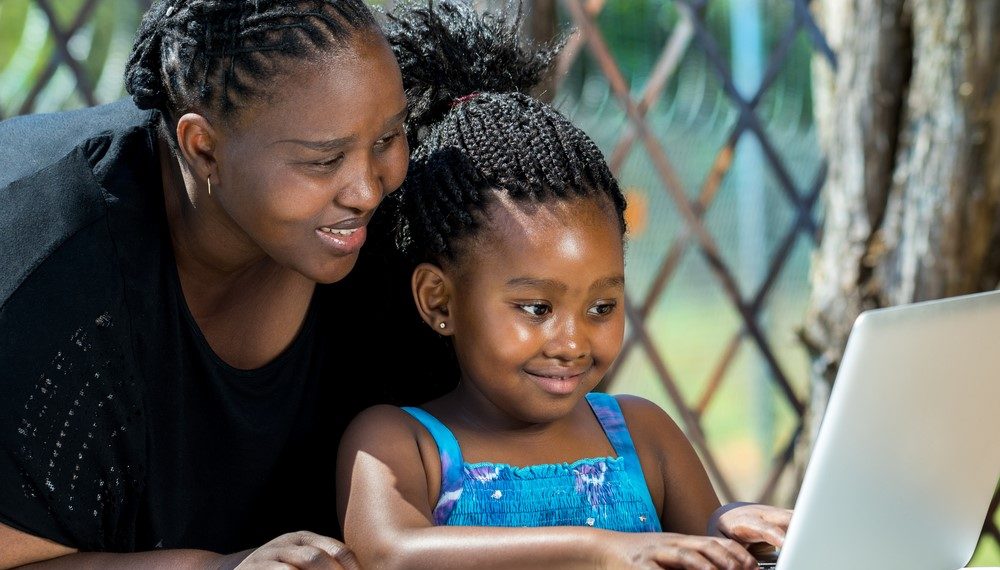GUIDING YOUR CHILDREN ONLINE
Like I always say, the internet is full of the good, the bad and the downright ugly. Recently, the blogs were agog with news of the conduct of minors which trended online. Without pointing fingers at anyone, one thing is clear: children are getting exposed to inappropriate content online. There is, therefore, a need for parents to properly guide their children on proper online usage as much as possible.
Here are some ways you can make the World Wide Web a saner place for our children and everyone.
1. Get on board
The best way to teach a child how to swim is by getting in the water. While I’m not advocating stalking your child, the truth is that being on social media yourself, you will understand all the issues therein.
2. Talk about staying safe and responsible online
You should have much needed conversations with your children about safe online behaviour. Tell them the importance of privacy settings, not talking to strangers, and generally talk to them about how to behave online. Ensure that they aren’t giving away unnecessary information online and exposing themselves to sexual predators.
3. Avoid hot topics
Teach your children to stay off certain discussions online. They should avoid gossiping or spreading rumours about their peers or anyone at all. They should also avoid arguing about elections, religion or family.
4. Due diligence
With the frequent arrival of new apps, we need to audit the apps our children use and make sure they are appropriate. You can review them with your child using common-sense media.
5. Pause before you post
Teach them the importance of pausing before they post. They can ask themselves…is what I am about to post necessary? Is it something I may regret? They must not post emotionally – as the internet never forgets. They should avoid unnecessary online arguments.
6. Limit their time online and create an internet plan
For online learning, try to limit their activities online to “school time.” This way they aren’t online indefinitely. Try to create a family internet plan, which can be a policy of sorts telling your family where and when they can use the Internet for assignments and all, what social media platforms they can use, etc.
7. Model the right behaviour
Moderate your own behaviour online and put your phone down. “Do as I do, don’t do as I say” or something like that was a popular game at parties growing up. Children model behaviour, so it would be rather hypocritical and a bit ineffective if you ask your child to behave a certain way online when you do the exact opposite – as in, really, who’s fooling who?
Other important points are:
– Employ the use of software
– Look out for signs of cyberbullying
– Teach them to be kind
– Monitor and keep a check on devices






